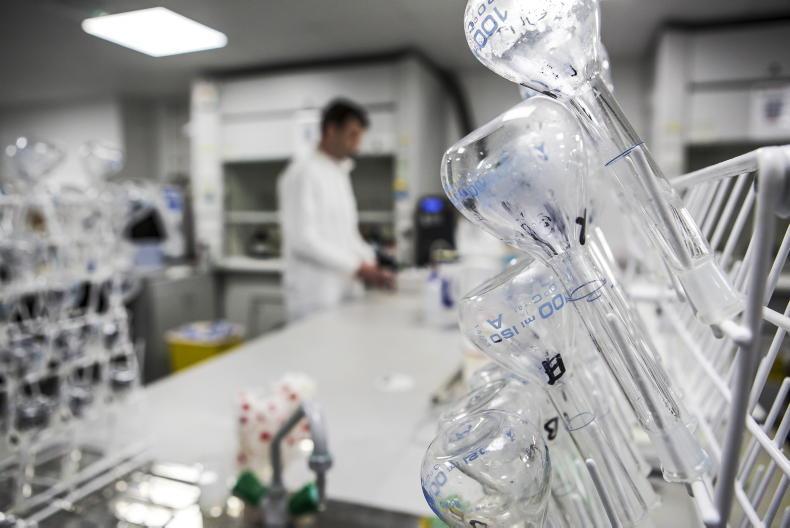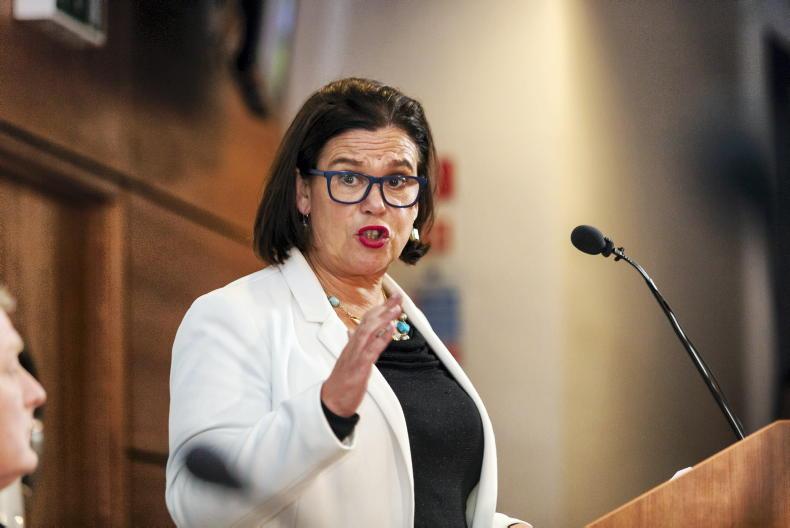On Saturday, the Irish Farmers Journal reported that the Mercosur group of countries from South America could be in line to access the European beef market with 78,000t of beef as part of a trade deal with the EU.
But who or what is Mercosur?
Mercosur as a country does not exist. Instead it is a trading block made up of a number of South American Countries, like the Common Market or EEC was originally in Europe. Full members are Argentina, Brazil, Paraguay, Uruguay and Venezuela. Countries associated with the trading block are Bolivia, Chile, Peru, Colombia, Ecuador and Suriname. Mercosur is a much looser organisation than the EU ever was with members frequently acting independently of each other.
What is the current level of trade between the EU and Mercosur?
In 2013 EU/Mercosur trade amounted to €110 billion. Mercosur is the 6th most important export market for the EU with the focus on commercial services, machinery and transport equipment. The EU is also the biggest foreign investor in the region. Mercosur's biggest exports to the EU are made up of agricultural products which account for 43% of total exports.
Why is the EU in trade talks with Mercosur?
At present trade barriers exist between the EU and Mercosur. The aim of the current negotiations is to remove/reduce these barriers to allow for increased trade flows between the two regions.
What are the restrictions in place at present?
You will hear a lot about tariffs and quotas in relation to the trade negotiations. Tariffs are effectively a levy imposed on product/services trade between regions. They are designed to ensure the imported product does not come in at a price point that undermines domestic production within the importing region.
There are a number of different types of quota systems in place. In its simplest form a quota simply restricts the volume of trade between the two regions. There are also preferential tariff quotas which allow a certain volume of product to be trade at a reduced tariff.
In relation to agriculture the most focus will be on Tariff-Rate Quotas (TRQ’s), a tool used to protect domestically sensitive products from competitive imports. TRQ’s are designed to combine quotas and tariffs to protect domestic production. You will hear TRQ’s mentioned a lot in relation to Irish coverage of the trade talks as they apply to sensitive products such as beef.
Why are these trade talks so important from an Irish perspective?
The key players in the Mercosur trading bloc, Brazil, Argentina, Paraguay, and Uruguay all have their sights set on getting increased access to the EU market for their meat products. Brazil is one of the largest exporters of beef in the world and Argentina is rebuilding exports in response to the current political administration abolishing export taxes. Beef carcases from these countries trade at at least €1.50/kg below Irish prices and would completely undermine Irish beef prices if competing head-to-head in EU markets.
One of the key bargaining chips that the EU has in these negations is granting Mercosur increased access to the EU beef market. On Friday 8 April the EU Commission put forward a proposal that they would offer Mercosur access a TRQ for beef of 78,000t.
As the largest exporter of beef within the EU Ireland is by far the most exposed member state to these concessions. They come at a time when the EU beef market is already depressed. The added volumes of low price beef from South America would certainly depress the market further and reduce beef prices paid to Irish farmers.
Why can Ireland not compete with Mercosur on beef?
The cost of normal business activity in Ireland and the EU is considerably higher than in the South American Countries with higher energy, labour and general regulatory costs. In particular to beef production, the EU imposes the highest production standards in the world on EU producers.
These all add considerable costs, whether it is complying with environmental standards or traceability and animal welfare standards. These same standards do not exist in the Mercosur region. However, by far the biggest competitive advantage is the ability of the South American countries to devalue their domestic currency to make their products more competitive on global markets.
We have seen huge devaluation of the Brazilian and Argentinean currencies over the past few years.
Will the EU not enforce the same production standards on imported product?
The EU Commission will argue that they will put in place the necessary safeguards to ensure production standards imposed on imported product are proportionate to the production environment. However, farm organisation demand that imported product should be produced to equivalent EU standards.
An IFA/Irish Farmers Journal investigation on South American production standards in 2006 and 2007 showed beef imports into the EU were being produced to standards that were illegal within Europe, with no meaningful tagging and traceability systems or animal health controls. An EU inspection of Brazil in 2015, while finding overall standards acceptable, still found examples of noncompliance and traceability flaws.
Will TRQs not protect domestic beef prices in the EU market?
Beef does have sensitive product status in the EU and therefore will benefit from a lower tariff reduction in the form of TRQs. However, TRQ’s will not prevent the Mercosur countries from cherry picking the best parts of the EU market which is the high priced steak market.
As a proportion of market value, the tariff on these high-end fillets and strip loins are much less than the lower value mincing cuts. Therefore the impact of any quota concessions granted by the EU will be amplified in the market due to the imbalance that it will create in the market.
Farm organisations argue that any quota concession should be on complete carcass balance – meaning that the quota would be broken down into so many tonnes of fillets, strip loins, etc. relative to carcass yield.
A bad Mercosur deal would reduce cattle prices significantly









SHARING OPTIONS